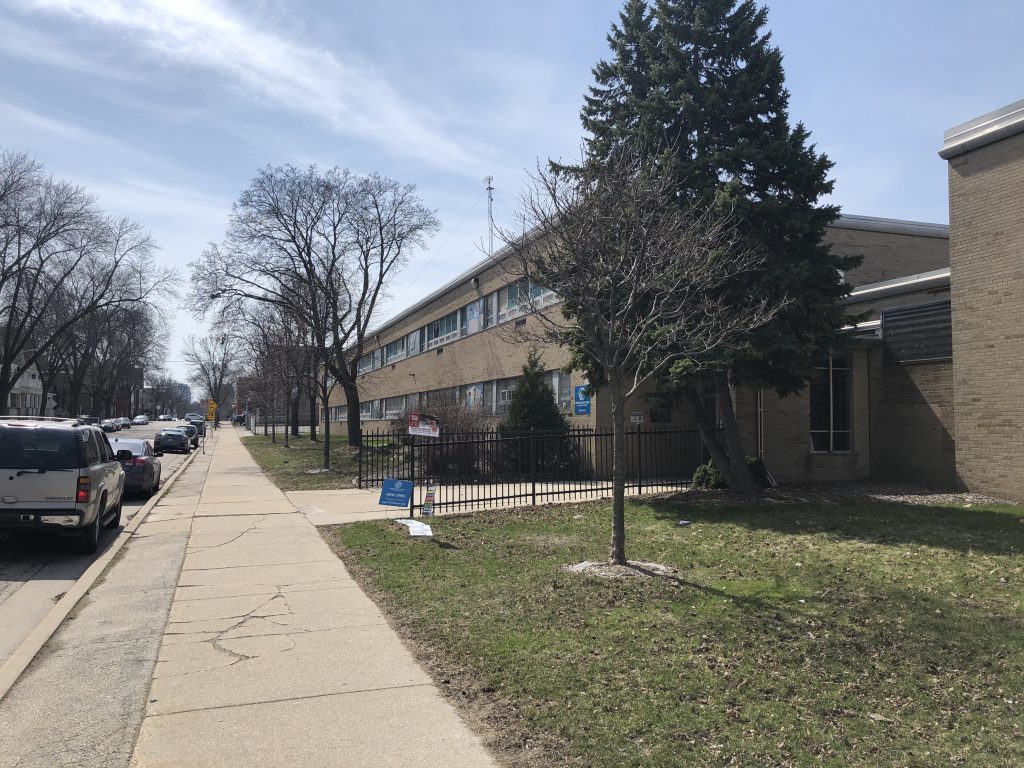Breakup of MPS Is The Wrong Answer
Yes, improvements are needed, but breaking up the district won’t accomplish this.
Legislative Republicans recently proposed a dramatic solution to the critical problem of chronically poor student outcomes in Milwaukee Public Schools. While the diagnosis is right, the prescription – breaking the district into several smaller ones – is wrong. Significant change is surely needed, but this plan will make a bad situation worse.
It has proven impossible for educators and policymakers to align on a coherent and consistent approach to improving student outcomes across the city. Milwaukee needs transformational change in K-12 education, and leaders that put students and families first and refuse to accept a failing status quo.
That said, in addressing the real and dire challenges facing Milwaukee’s students and schools, we should be mindful of every doctor’s axiomatic oath: “First, do no harm.” The cure for what ails MPS cannot be worse than the disease – and we are concerned that the proposal from Sen. Alberta Darling, Rep. Jeremy Thiesfeldt and others, while laudable in its intentions, has the real potential to make an already sick patient even worse in four key ways:
1. Worse economic and racial segregation
There’s simply no way to dissolve MPS that doesn’t result in even more Milwaukee students attending racially and economically segregated schools. Segregation in Milwaukee’s housing and schools remains pervasive. According to a recent UW-Milwaukee study, Milwaukee’s Black students attend the most hyper-segregated schools in the nation, with racial segregation levels comparable to the 1960s. Wealth and opportunity are not equitably distributed in our city and locking students out of choices by locking them into a smaller school district only makes this problem worse.
An MPS breakup will mean the city overall receives less education funding from both federal and state sources – perhaps as much as 10-15% less, because of how the complex funding formulas take into account both the size of the district and the proportion of students from low-income households. The evidence is clear that money does matter for student outcomes. Even with the influx of COVID-19 recovery funding, schools of all types across the city still face long-term, structural budget challenges.
3. Even more bureaucratic bloat
By creating up to eight new school districts, this proposal would result in an even more bloated, fragmented set of bureaucracies for students, families and educators. Under this legislation, we could have up to 56 new elected school board members, eight new Superintendents and central offices and a myriad of overlapping and redundant district functions. Right now, families seeking to enroll their students in school face a confusing array of timelines, deadlines and requirements. Imagine adding up to eight more sets of requirements for them to figure out. And that’s to say nothing of the costs of these new, redundant bureaucracies, which will almost certainly mean higher taxes on Milwaukee residents.
4. Even more fragmented governance and diffused accountability
This proposal only exacerbates what is already a core challenge to improving outcomes for Milwaukee’s students: a fragmented and broken governance system, one that’s failed to set a vision or implement a strategy for citywide, cross-sector improvement. While proponents of an MPS breakup argue that smaller districts will be more accountable, there is no research basis showing smaller districts are better able to turn around or close persistently failing schools.
We know the status quo is failing Milwaukee’s students and families. Beyond the academic data, polling conducted by City Forward Collective shows only a quarter of respondents believe our city’s schools are good or excellent, and only 22 percent believe the current system works for kids. Moreover, families are voting with their feet – 96% of Milwaukee’s population loss in the 2020 Census can be attributed to a decline in children under age 18, including more than 13,000 fewer Black children.
While the MPS breakup isn’t the right answer, we as a city can’t just continue doing what hasn’t been working. This legislative proposal should be a call to action for Milwaukee’s elected leadership – beginning with the next mayor – that the city needs to step up to this challenge. Milwaukee needs inclusive, fresh-thinking and bold action to transform Milwaukee’s education system into one where all students, and all schools, can thrive.
Isral DeBruin, Dr. Patricia Hoben and Colleston Morgan are on the staff of City Forward Collective, a Milwaukee nonprofit dedicated to eliminating inequities in education and ensuring every child has the opportunity to attend a high-quality school.
OPINION: The status quo is failing our students but a breakup of MPS is the wrong answer was originally published by the Milwaukee Neighborhood News Service.
Op-Ed
-
Unlocking Milwaukee’s Potential Through Smart Zoning Reform
 Jul 5th, 2024 by Ariam Kesete
Jul 5th, 2024 by Ariam Kesete
-
We Energies’ Natural Gas Plans Are A Mistake
 Jun 28th, 2024 by John Imes
Jun 28th, 2024 by John Imes
-
Milwaukee Needs New Kind of School Board
 Jun 26th, 2024 by Jordan Morales
Jun 26th, 2024 by Jordan Morales





















Republicans only want to make money on the back of minority children and break up unions. Republicans and conservatives are white supremacists at their core.
Perhaps in many cases unwitting white supremacists, but otherwise pretty much on the money.
1. Smaller class sizes. No more than 18 students in a class
2. Good principals who really care about their staff and students not just pay and power
3. Every school really needs a good marketing program so the public is aware of the school in their neighborhood
4. Have parents come into school as often as possible.
5. Parents should be made aware of how to access medical, special needs, and other needs for a family
6. A very good social worker for the school and community. You may need more than one social worker per community
7. It is easy to criticize. All these politicians should spend a week or two in an elementary school and then see what they have to say.
This was tried about 30 years ago, with MPS being divided into “Service Delivery Areas”. Result: extra administrative overhead without the hoped for results. Let’s move on rather than rehash old ideas.
That would be ideal, Joy. Unfortunately we have too many republicans in the State Legislature for that to happen. They’d much rather spend our tax dollars to benefit business interests. Of course if we could get the WMC to support you priorities……